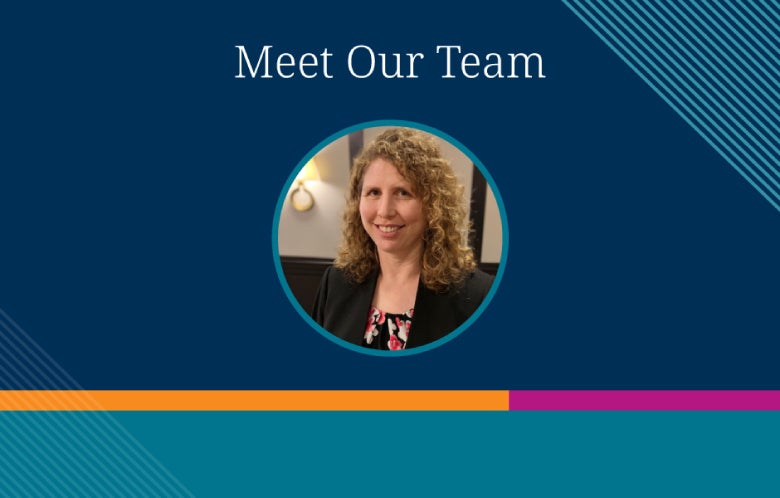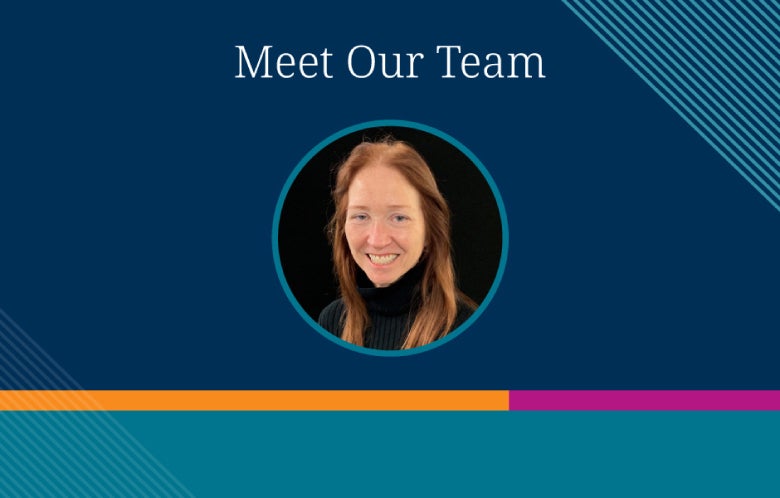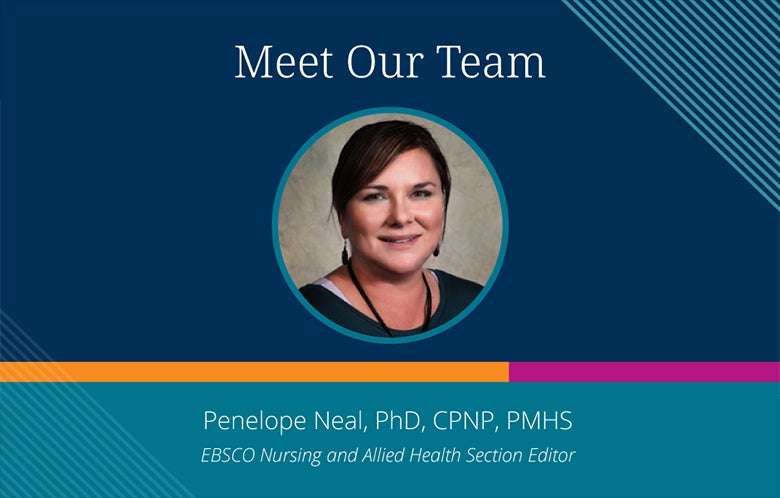Q. Tell us a little bit about yourself.
A. I’m a physical therapist with a passion for research, writing, and editing. I’ve recently completed my doctorate which focused on post-professional education for healthcare providers. I keep my clinical skills and license current by working per diem in a community hospital.
Q. What did you do prior to joining EBSCO’s Nursing and Allied Health Editorial Leadership Team?
A. Before I joined EBSCO’s Nursing and Allied Health Editorial Leadership team, I was a full-time physical therapist at a hospital in East Los Angeles and a contract writer for EBSCO’s nursing and allied health information resources including Nursing Reference Center™ Plus and Rehabilitation Reference Center™ .
Q. What inspired you to become a healthcare professional?
A. I wanted to help people while maintaining work-life balance. My academic strengths are science and math and I like being active. Physical therapy was a perfect match.
When I can create and edit point-of-care topics that relate directly to my patients, I can experience first-hand the benefits of the products I’ve helped create.
When I can create and edit point-of-care topics that relate directly to my patients, I can experience first-hand the benefits of the products I’ve helped create.
Q. What drew you to EBSCO and our Nursing and Allied Health Editorial Leadership Team?
A. It was a natural evolution. As a newly graduated physical therapist, I started writing on a contract basis for Nursing Reference Center™. An opportunity came up to create physical therapy content, and I had already learned so much from the team’s leadership about continuing education. It was easy decision to transition from full-time physical therapist to full-time writer and editor. Becoming an editorial leader is the best “surprise” of my career.
Q. What is your favorite part of your job?
A. My favorite part of the job is when my editorial and clinical work align. When I can create and edit point-of-care topics that relate directly to my patients, I can experience first-hand the benefits of the products I’ve helped create.
Q. What is your professional passion as it relates to healthcare?
A. Helping healthcare professionals to improve their clinical practice and working directly with underserved older adults in acute care.



